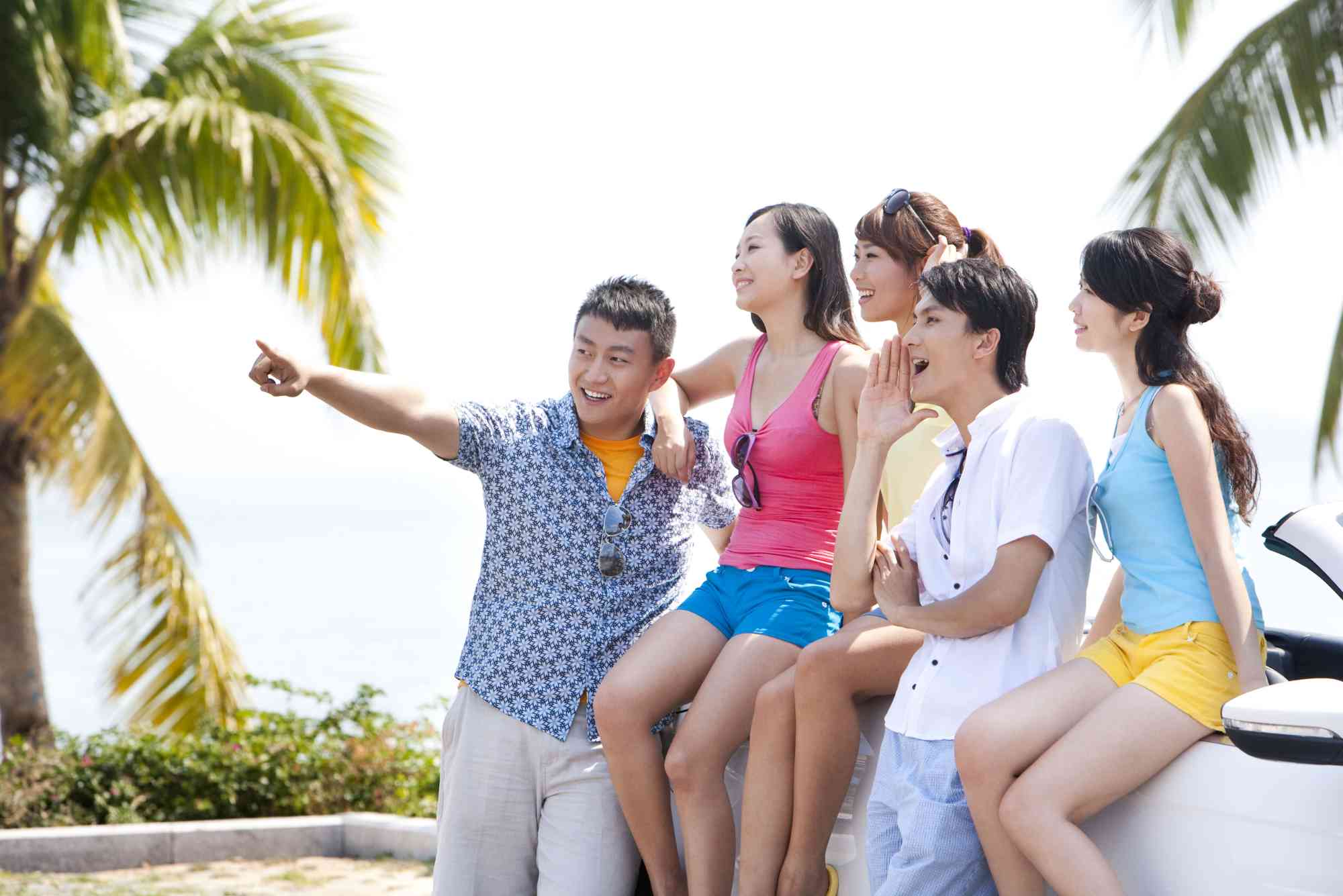Investing in real estate abroad can be an exciting venture, offering both lifestyle benefits and solid financial returns. However, foreign buyers must be aware of the additional expenses that come into play—most notably, closing costs. These fees, taxes, and administrative charges can add up quickly, and understanding them is key to avoiding unwelcome surprises during the property acquisition process.
This article will break down everything you need to know about closing costs for foreign buyers. Whether you’re eyeing a luxury apartment in Dubai or a cozy villa in Spain, being financially prepared is your first step to a successful purchase.
What Are Closing Costs?
Closing costs are the expenses over and above the property price that buyers must pay to complete a real estate transaction. For foreign buyers, these can include legal fees, notary charges, taxes, bank fees, and other administrative costs. In some countries, foreigners may also face additional requirements such as ownership registration, translator services, or even government approval.
Common Closing Costs for Foreign Buyers
1. Legal Fees
Foreign buyers are typically advised to hire a lawyer to ensure the transaction complies with local laws. Legal fees can vary based on the complexity of the deal and the country in which you’re purchasing.
2. Transfer Taxes and Stamp Duties
Many countries impose a transfer tax or stamp duty that the buyer must pay when transferring ownership of a property. These fees can range from 1% to 10% of the property’s value, depending on the jurisdiction.
3. Notary and Registration Fees
In many European and Middle Eastern countries, a notary handles legal paperwork and contract certification. Registration fees cover the cost of entering the new ownership into the land registry.
4. Currency Exchange and Bank Charges
International transactions often involve currency conversion. Foreign buyers may incur currency exchange fees, wire transfer charges, and even third-party broker fees. If you’re using a FAB Bank credit card, make sure you check for international transaction fees and exchange rate margins. The FAB Bank credit card is often praised for its travel-friendly terms, making it a preferred choice for global investors.
5. Mortgage-Related Costs
If you’re financing your purchase through a loan, expect to pay for appraisal fees, loan origination charges, and possibly mortgage insurance. A product like an Emirates NBD personal loan might be helpful in these situations. These loans are often used to cover supplementary costs or serve as bridge financing while waiting for a larger mortgage approval.
Closing Costs by Region
Let’s explore how closing costs can vary depending on the location:
United Arab Emirates
- Transfer Fee: Approximately 4% in Dubai
- Agent Commission: Typically 2% of the purchase price
- Admin Fees: Ranges from AED 2,000 to AED 5,000
- Mortgage Registration Fee: 0.25% of the loan amount
- Other Costs: You may need a translator or local representative
Using financial tools like an Emirates NBD personal loan can ease the burden of upfront payments in the UAE property market.
United States
- Title Insurance: Around 0.5% to 1% of the purchase price
- Recording Fees: Vary by county, but usually under $500
- Attorney Fees: Common in states like New York and Florida
- Foreign Investment Reporting: Some disclosures are required for foreign nationals
Spain
- Transfer Tax: Between 6% and 10%
- Notary and Registry Fees: About 1% to 2%
- Legal Fees: Around 1% of the property value
- Translator Fees: If you don’t speak Spanish, this may be mandatory
Who Pays What?
Typically, buyers are responsible for the bulk of closing costs. However, it’s not uncommon to negotiate with the seller for some cost-sharing. This is more likely in slower real estate markets where sellers are motivated to close deals quickly.
Timing and Payment of Closing Costs
Most closing costs are due on the day of property transfer. Make sure to plan ahead for wire transfer timelines and potential delays. Using a fab bank credit card can help you manage certain payments efficiently, especially for hotel stays, travel, or services during your trip.
Similarly, bridging finance through an Emirates NBD personal loan can be an effective way to ensure you’re not cash-strapped at the final stage of your purchase.
Reducing and Managing Closing Costs
Here are a few tips to minimize your expenses:
- Compare Legal Services: Don’t just go with the first lawyer you find.
- Negotiate Agent Fees: Especially if you’re buying high-value property.
- Use Local Financing: Loans like an Emirates NBD personal loan may offer better terms than international ones.
- Avoid Unnecessary Add-ons: Double-check if all services (like insurance or appraisals) are mandatory.
- Plan Currency Exchanges: Timing your conversions when rates are favorable can save thousands.
Hidden Costs to Watch Out For
Foreign buyers sometimes face unexpected charges, such as:
- Vacancy Taxes (in places like Canada and Australia)
- Filing Fees for specific ownership structures
- FATCA/CRS Reporting if you’re a U.S. citizen or subject to international tax agreements
While these are not strictly closing costs, they can impact your total financial outlay.
Final Thoughts
Buying property as a foreign investor can be highly rewarding, but understanding closing costs is critical to making an informed decision. Always account for both standard and hidden expenses. Utilizing the right financial products—like a fab bank credit card for travel or payments, and an Emirates NBD personal loan to manage liquidity—can offer you greater flexibility and peace of mind throughout the process.



